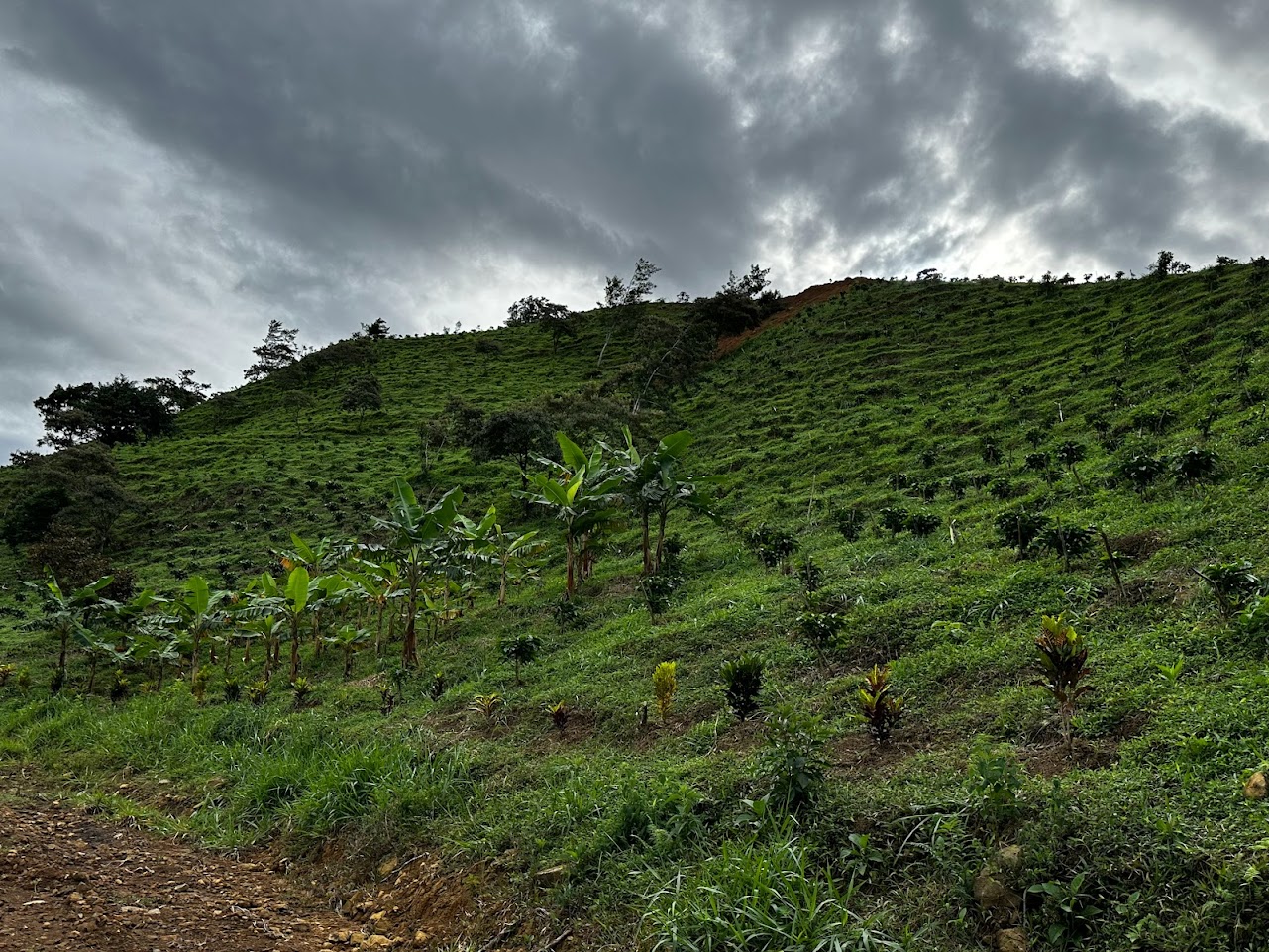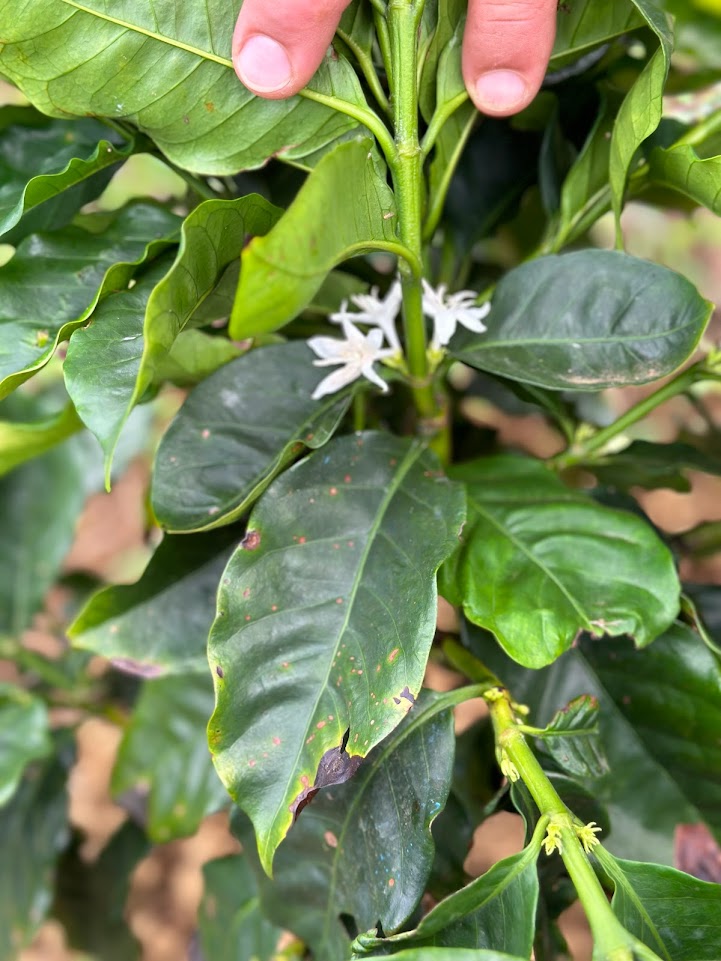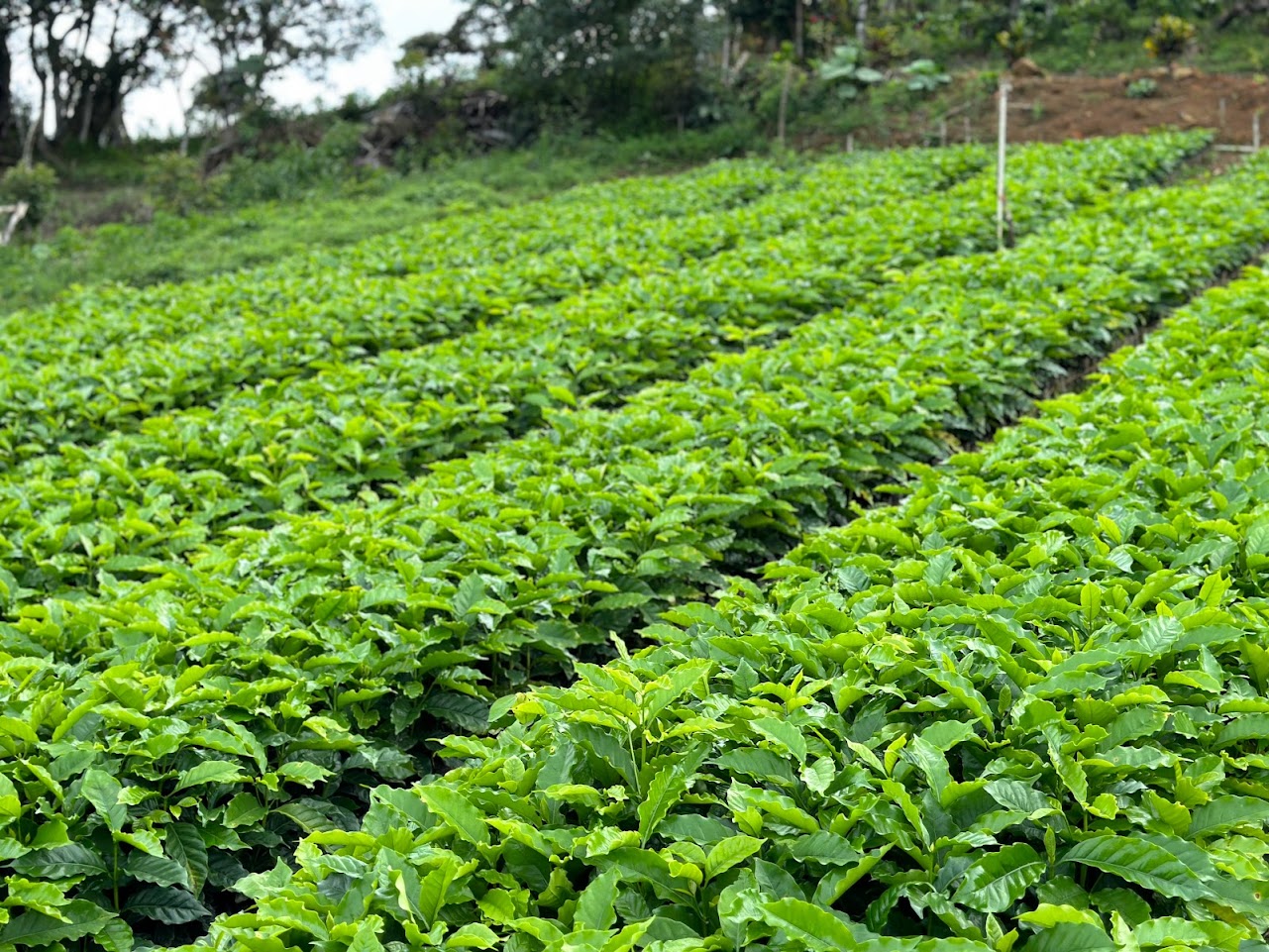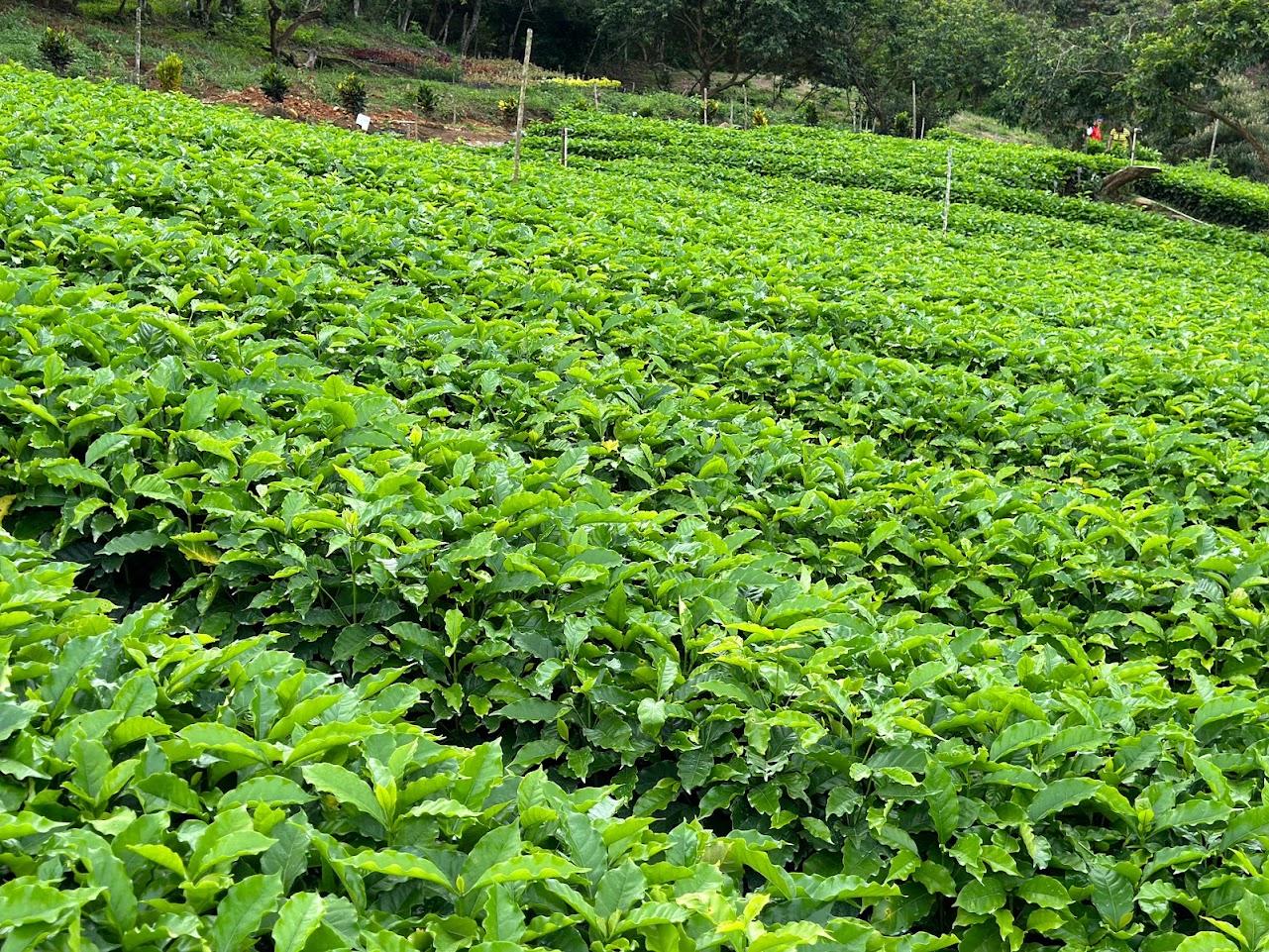
Coffee farming in Panama offers numerous advantages, making it a thriving industry in the country. From its ideal geographical location to its commitment to quality, Panama has created a niche for itself in the coffee industry.
Panama’s geographical location presents favorable conditions for coffee cultivation. The country is located near the equator, within the tropical zone, offering an ideal climate for growing coffee. The mountainous terrain, combined with a diverse microclimate, provides unique conditions for producing high-quality coffee beans. The fertile volcanic soil found in various regions of Panama enhances the flavor profile of the coffee beans, resulting in distinct and sought-after characteristics.
Panamanian coffee has gained international recognition for its exceptional quality and unique flavors. The Geisha variety, in particular, has gained prestige and has been awarded numerous accolades. The high-altitude regions of Boquete, Volcan, and Chiriqui have proven to be particularly conducive to growing Geisha coffee. The meticulous cultivation and processing techniques employed by Panamanian coffee farmers contribute to the production of consistently excellent coffee beans. The dedication to quality, coupled with rigorous quality control measures, has positioned Panamanian coffee as a premium product in the global market.
Coffee farming in Panama provides significant economic benefits at both the individual and national levels. At the individual level, coffee farming offers livelihood opportunities for farmers and their communities. It provides a stable income source and employment for numerous individuals involved in various stages of coffee production, from planting and harvesting to processing and exporting. Additionally, the high demand and premium prices commanded by Panamanian coffee enable farmers to earn higher profits compared to other agricultural commodities.
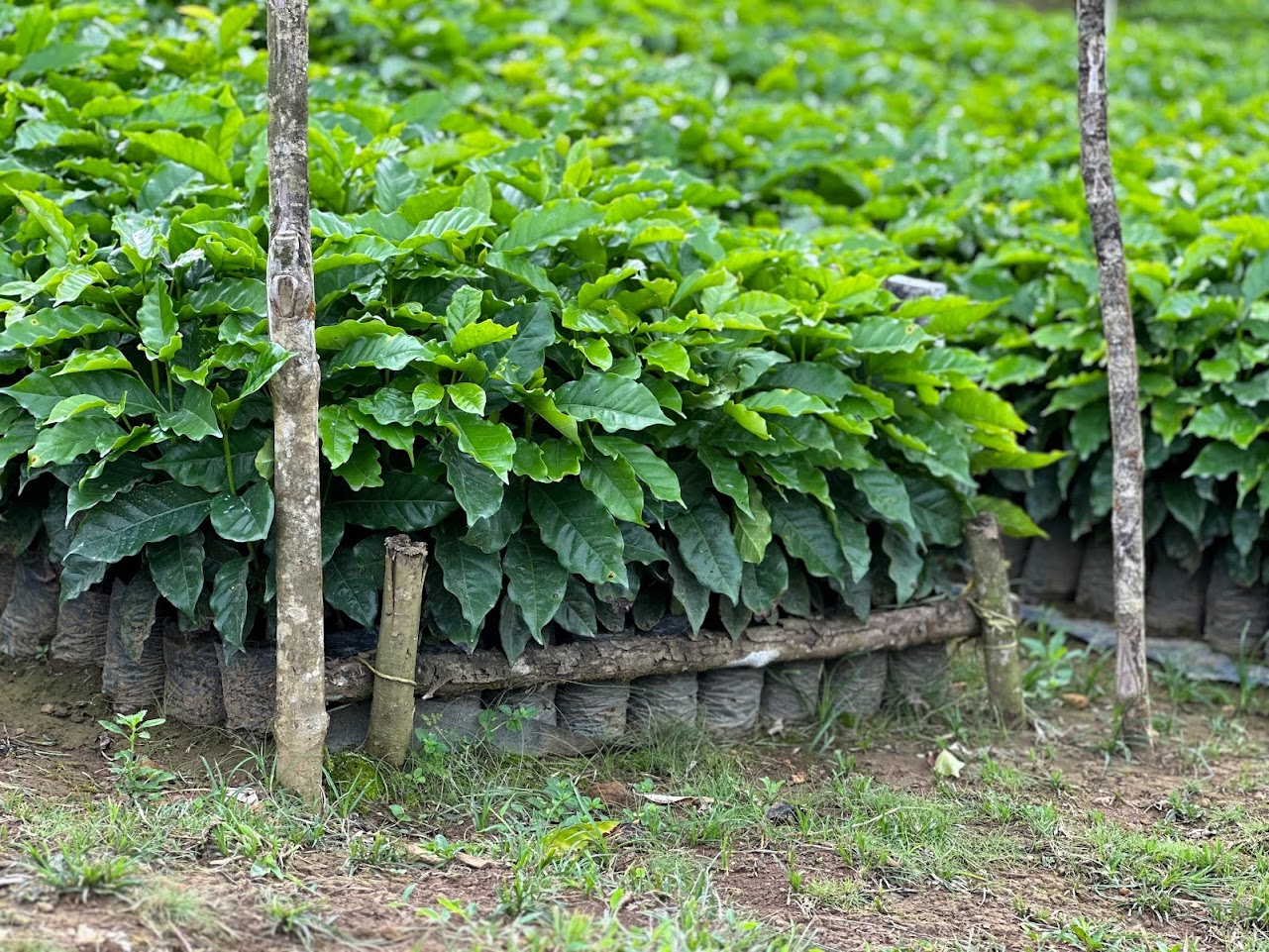
At the national level, coffee exports contribute to foreign exchange earnings, strengthening Panama’s economy. The growth of the coffee industry fosters economic development, supporting infrastructure improvements, education, and healthcare initiatives. Furthermore, the success of Panamanian coffee on the international stage has boosted tourism, attracting coffee enthusiasts and connoisseurs to visit the country and experience its coffee culture firsthand.
LosVerdor embraces environmentally sustainable practices, recognizing the importance of preserving ecosystems and biodiversity. Our farms implement shade-grown techniques, where coffee plants are cultivated under the shade of taller trees. This approach not only protects the coffee plants from excessive sun exposure but also provides habitat for diverse bird species and other wildlife.
Moreover, Panama has embraced organic and sustainable farming methods, reducing reliance on synthetic pesticides and fertilizers. Farmers prioritize soil conservation and implement measures to minimize erosion and protect water resources. By promoting sustainable practices, coffee farming in Panama contributes to the preservation of natural habitats, enhances biodiversity, and mitigates the negative impact on the environment.
Farming coffee in Panama offers a range of advantages that contribute to its success as a thriving industry. The country’s unique geographical location, combined with its commitment to quality and sustainability, has positioned Panamanian coffee as a highly regarded and sought-after product in the global market. The economic benefits, both at the individual and national levels, support livelihoods, foster economic growth, and contribute to the overall well-being of communities. Moreover, the environmentally sustainable practices employed by Panamanian coffee farmers demonstrate their dedication to preserving ecosystems and protecting the environment. With its rich coffee heritage, Panama continues to be a prominent player in the world of specialty coffee.


